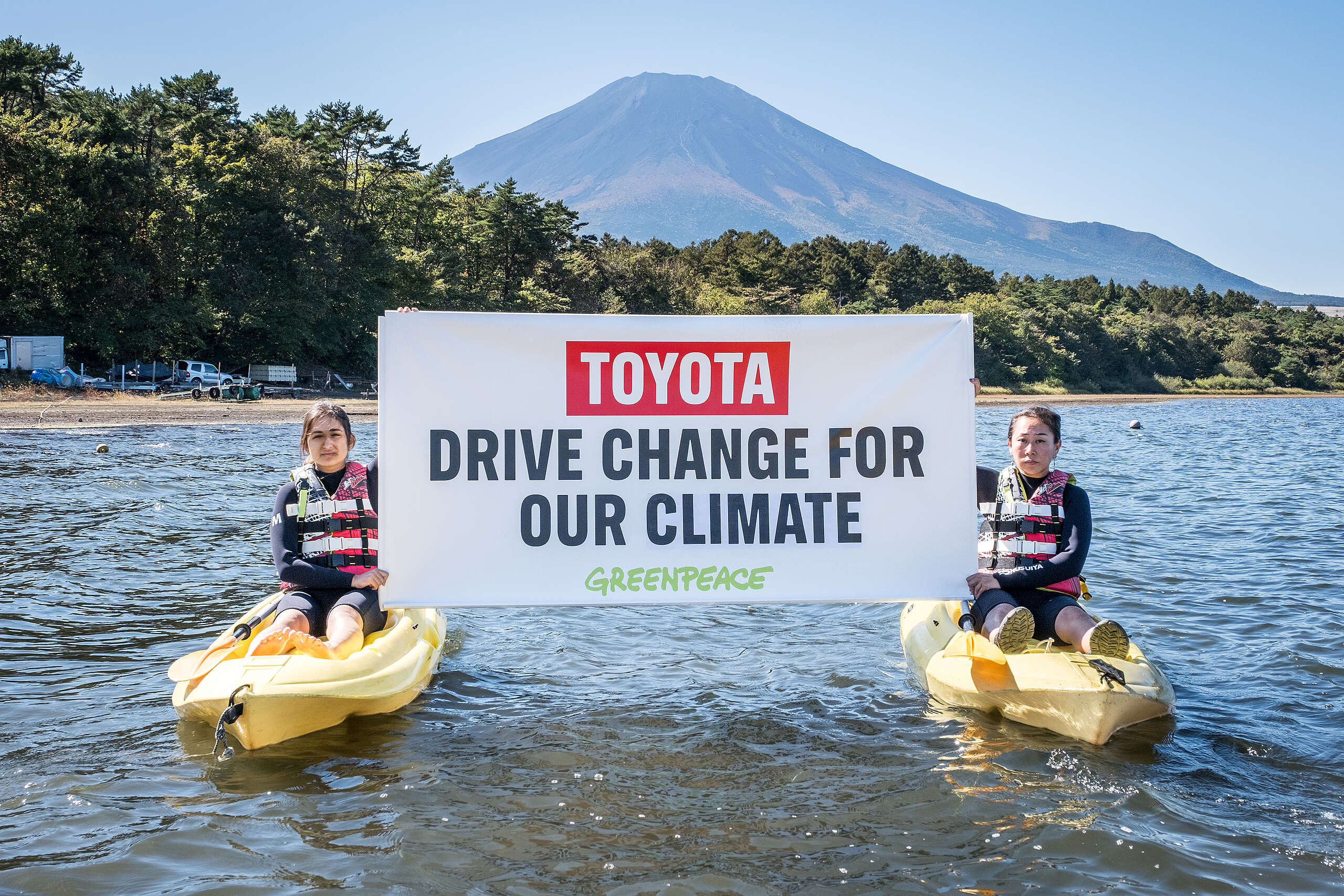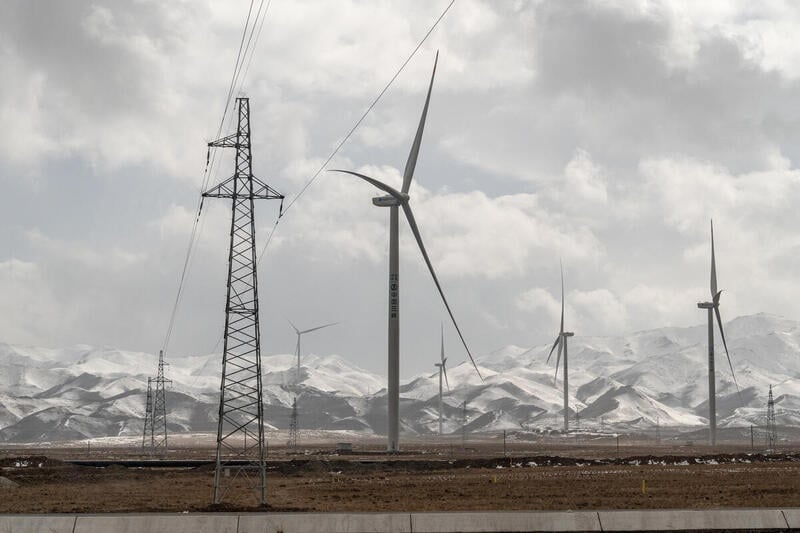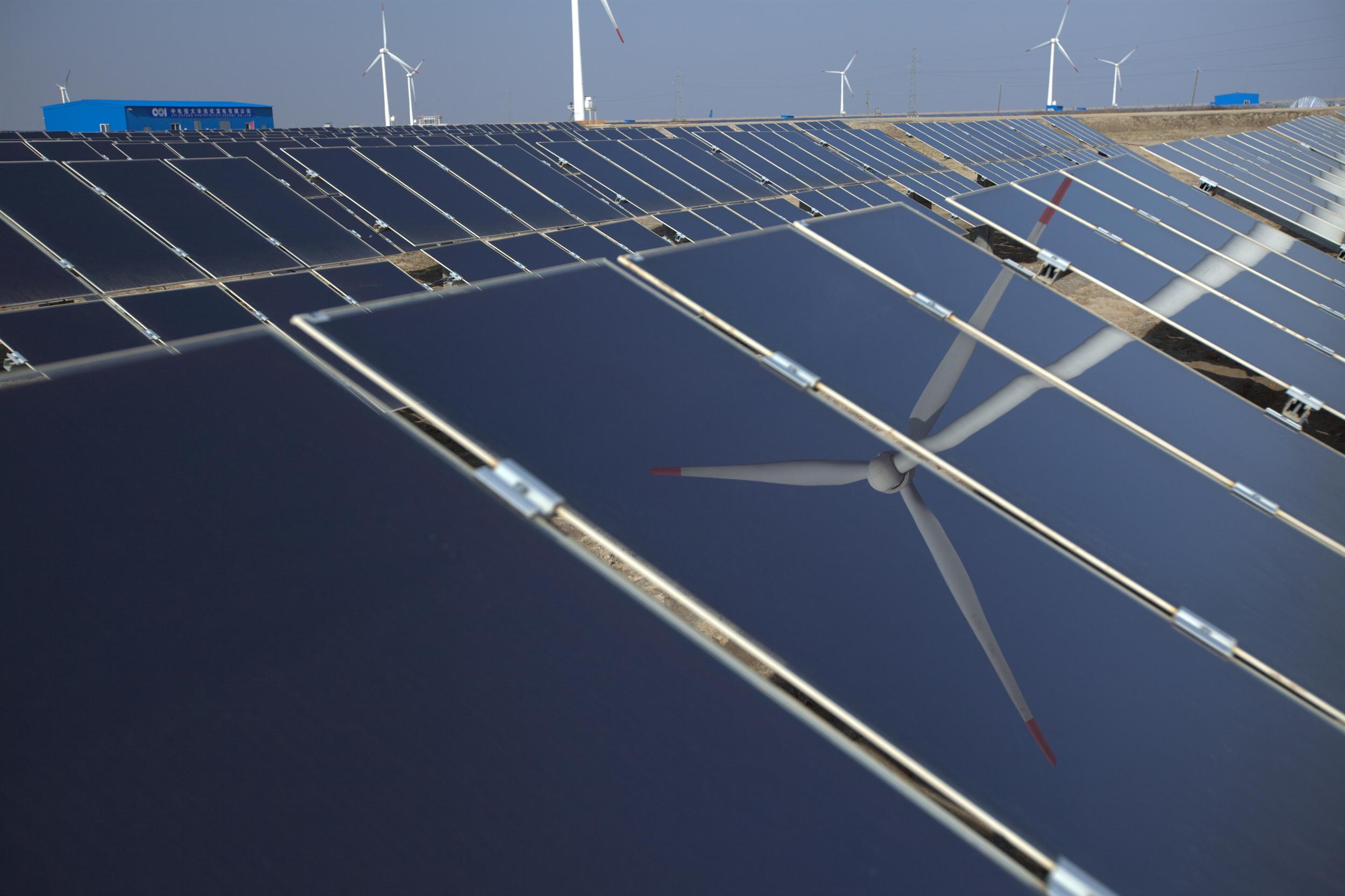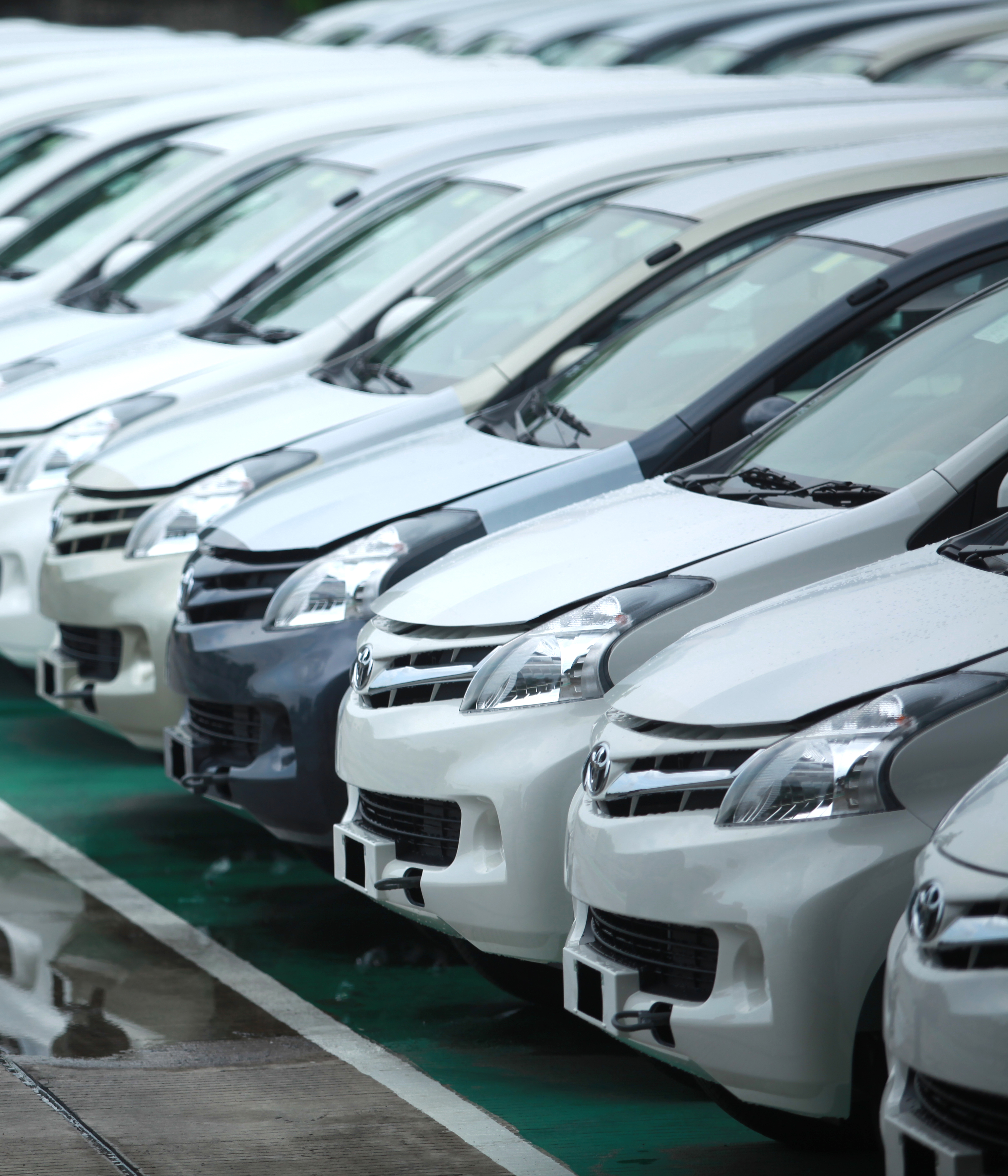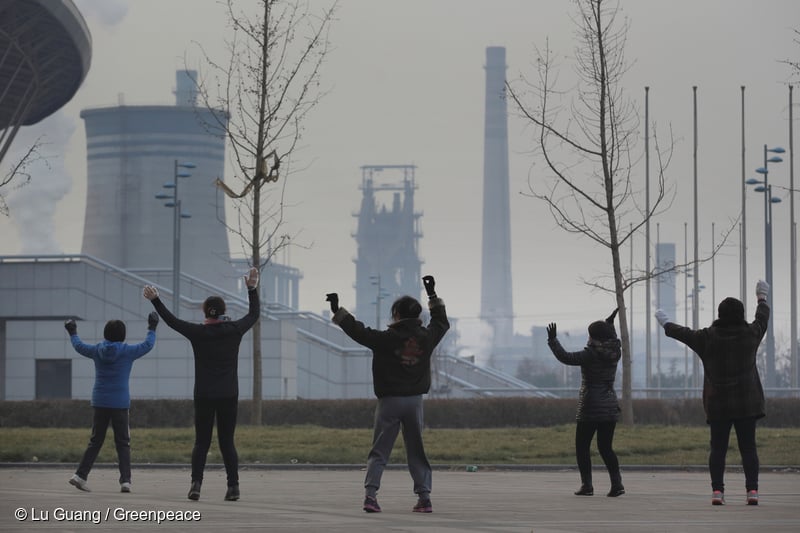All articles
-
Toyota’s Electric Vehicle Backtrack Deepens the Climate Crisis, Undermining the 1.5°C Pathway: Greenpeace Report
Toyota, the world’s largest automaker, is falling dangerously behind the global 1.5°C climate target, according to a new report from Greenpeace East Asia’s Tokyo office.
-
Open letter to Toyota Motor Corporation Regarding the Company’s Climate Change Measures
We are sending this open letter to seek clarity on how Toyota plans to align its business activities with the global goals established by the Paris Agreement.
-
Greenpeace East Asia reaction to China’s new climate targets
Beijing – At the United Nations General Assembly’s Climate Summit, China presented its nationally determined contribution (NDC) to the Paris Climate Accords, which outlines its climate targets into 2035, and…
-
China can peak coal power generation and power sector emissions in 2025: Greenpeace report
Beijing — According to a new report by Greenpeace East Asia, China is able to peak its power emissions in 2025 at 5.2 billion tonnes, with coal power generation peaking at 5.55 trillion kWh, and peaking could save up to 970 billion RMB.
-
Greenpeace calls for EU-China Summit to strengthen climate multilateralism
Beijing/Brussels – As President of the European Council António Costa and President of the European Commission Ursula von der Leyen travel to Beijing to meet Chinese President Xi Jinping and…
-
Leading Battery Makers Fall Short on Climate Commitments
HONG KONG – Most of the world’s top EV battery manufacturers have yet to set targets for both 100% renewable electricity and supply chain emission reductions, according to a new…
-
Who saves the rescuers? In China, local communities model flood response cooperation: Greenpeace response
Beijing – After three rounds of intense rainfall over two weeks, areas of Guizhou province in southwestern China experienced intense flooding, including in Rongjiang, Congjiang, Danzhai, and Leishan, among others,…
-
Akio Toyoda Reappointed Chairman of Toyota Motor Corporation: Greenpeace response
TOKYO – At the Toyota Motor Corporation General Shareholders’ Meeting held today, Mr. Akio Toyoda was reappointed as Chairman of the Board of Directors. In response, Mariko Shiohata, Climate Change…
-
Apple suppliers, especially Pegatron, fail to make adequate climate progress: Greenpeace report
Apple suppliers, especially Pegatron, fail to make adequate climate progress: Greenpeace reportHONG KONG – Many of Apple’s final assembly supply chain partners are failing to achieve necessary climate progress, according…
-
Clearing the gap: transition finance for China’s steel industry to kickstart green transition
High-emission industries that don’t meet green finance requirements need help transitioning, too.

